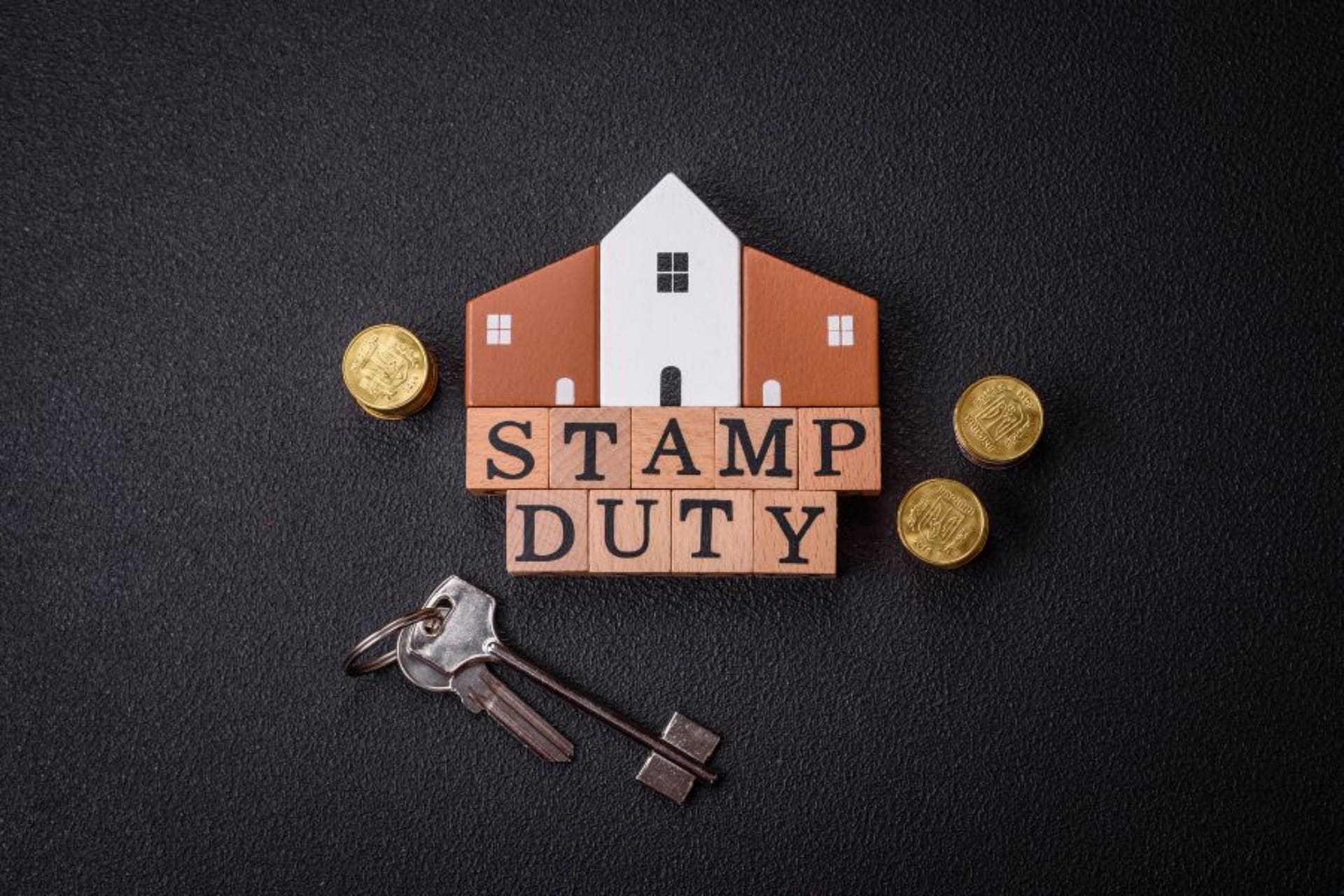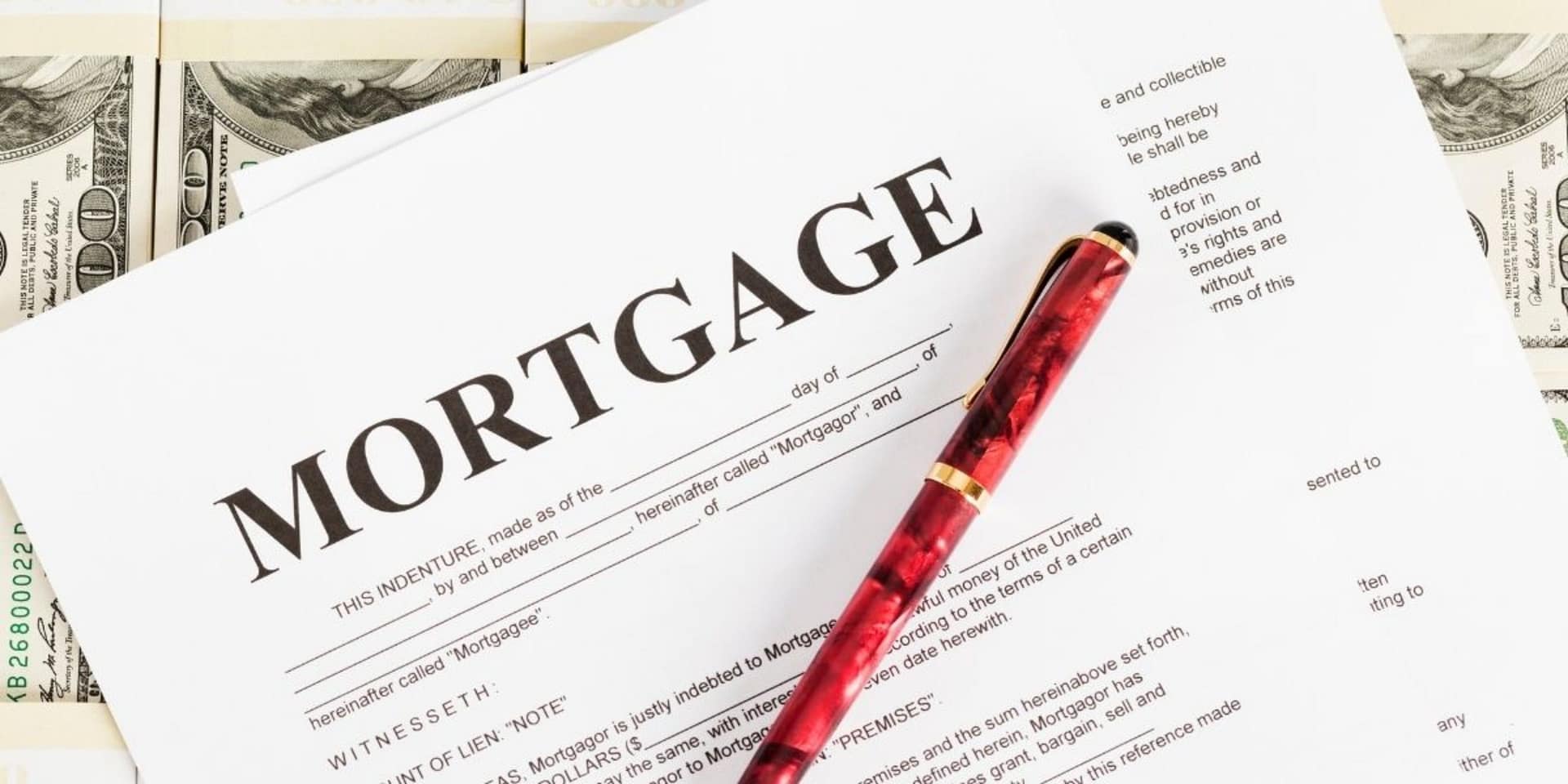Purchasing a property is a significant investment, and understanding the associated costs is crucial for success. Hidden fees and unexpected expenses can derail your financial plans.
This guide aims to empower you with the knowledge to navigate property buying costs confidently. We’ll explore strategies to minimise expenses, negotiate effectively, and ensure your investment yields optimal returns.
Let’s delve into the intricacies of property buying costs and pave the way for informed investment decisions.
Table of Contents
ToggleHow Much Are Closing Costs When Buying A House?
Here’s a breakdown of closing costs in Australia, along with ways to estimate them:
Closing Costs Meaning
Closing costs are various fees you must pay on top of the property’s purchase price to finalise the sale. These are separate from your deposit.
Typical Closing Costs in Australia
Closing costs generally range from 2-5% of the purchase price. Here’s what they commonly include:
- Stamp Duty (Government Transfer Tax): The biggest expense, varies by state/territory. Use online calculators for estimates.
- Conveyancing/Solicitor Fees: For handling legal paperwork and the transfer of ownership.
- Loan-related fees: Lender fees for application, valuation, settlement, etc.
- Building & Pest Inspections: Highly recommended.
- Strata Report (if applicable): Provides information about apartment complexes.
What Other Fees Are Involved In Buying A Property Besides The Down Payment?
Besides the down payment, here’s a breakdown of the various fees you’ll encounter when buying a property in Australia:
Professional Fees
- Conveyancer or Solicitor Fees: For legal work, contract review, settlement, and title transfer. Approximately $1500 – $2000.
- Building and Pest Inspection Fees: Not mandatory but highly recommended. Experts will check for structural issues and pest infestations. Approximately $400 to $600
- Strata Inspection Fees (for apartments): Provides financial and administrative details about the strata corporation. Approximately $300 to $600
Lender Fees
- Loan Application/Establishment Fees: Charged by the lender for setting up your mortgage.
- Valuation Fee: To have the property professionally appraised for the lender.
- Lenders Mortgage Insurance (LMI): Required if your deposit is less than 20% of the property value. This insures the lender.
Other Potential Costs
- Mortgage Broker Fees: If you use a broker to find a suitable loan.
- Council and Water Rates: May need to pay a prorated share to the seller upon settlement.
- Moving Costs: Removalist fees, packing supplies, etc.
Important Notes:
- These fees can add up substantially, so always have more than just the down payment saved.
- Some lenders offer packages that reduce or waive certain fees.
- First-home buyers might be eligible for grants or stamp duty concessions, lessening the financial burden.
Are There Ways To Reduce Or Negotiate Property Buying Costs?
Absolutely! There are several ways to potentially reduce or negotiate the costs associated with buying property in Australia. While some expenses are unavoidable, adopting certain strategies can help lower these costs.
For starters, checking eligibility for government concessions such as first-home buyer grants and stamp duty concessions or exemptions can significantly reduce expenses.
It’s also beneficial to shop around for professional services, including conveyancers, solicitors, inspection services, and lenders, as their prices can vary widely and obtaining multiple quotes can lead to savings.
Negotiating with lenders for reduced fees or better interest rates can be effective, especially for those with excellent credit and a strong financial profile.
Timing your purchase, such as at the end of the financial year or during slower market periods, might provide additional leverage for negotiating fees.
Performing tasks yourself, such as moving or minor repairs, can save money.
If building and pest inspections reveal issues, these can be leveraged to negotiate a price reduction or request that repairs be completed before settlement.
However, it’s important not to cut corners on essential services such as conveyancing and inspections, as these can prevent larger costs down the line. Being realistic about which costs are negotiable and focusing on areas where there’s leverage is crucial.
Minimise Property Buying Costs with CJC Law
Whether you’re a seasoned investor or making your first property purchase, our tailored advice will unlock the secrets to maximising your investment potential while minimising expenses.
With CJC Law, transform your property buying journey into an opportunity for unparalleled growth and financial success. Begin mastering the art of smart investments today.




